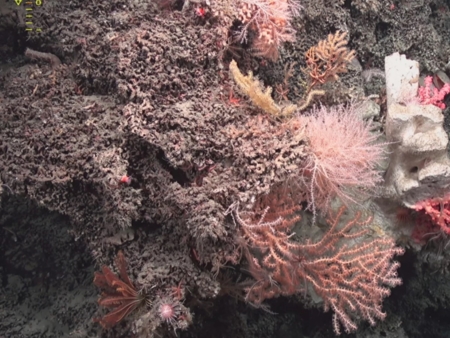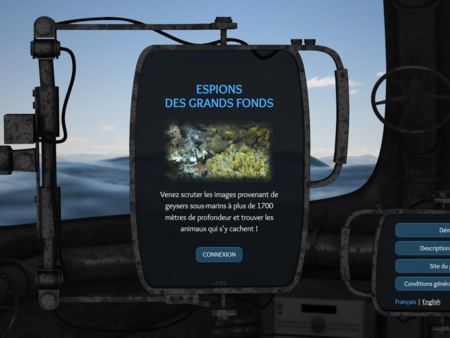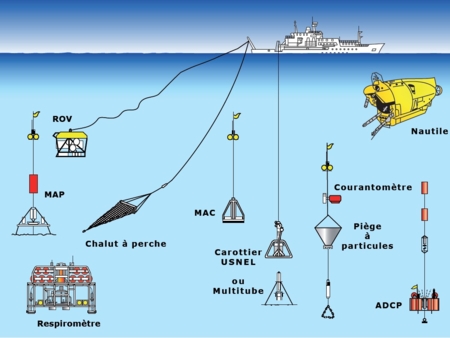Archaeal DNA Replication initiation: Bridging LUCA's Legacy and Modern Mechanisms
Publié dans Frontiers in microbiology
Dulermo R.
DNA replication is a critical process ensuring the faithful duplication of genetic material prior to cell division. While traditionally studied in bacteria and eukaryotes, archaea provide a unique model for understanding DNA replication mechanisms that bridge evolutionary gaps. This article explores the latest insights into archaeal DNA replication, focusing on homologous recombination-dependent replication (RDR) and its evolutionary implications. Studies on Haloferax volcanii, Thermococcus barophilus, and Thermococcus kodakarensis reveal the versatile and adaptable nature of archaeal replication systems, challenging conventional views. These findings offer a deeper understanding of LUCA's replication (descendants) legacy and highlight the evolutionary innovation in archaeal systems.










